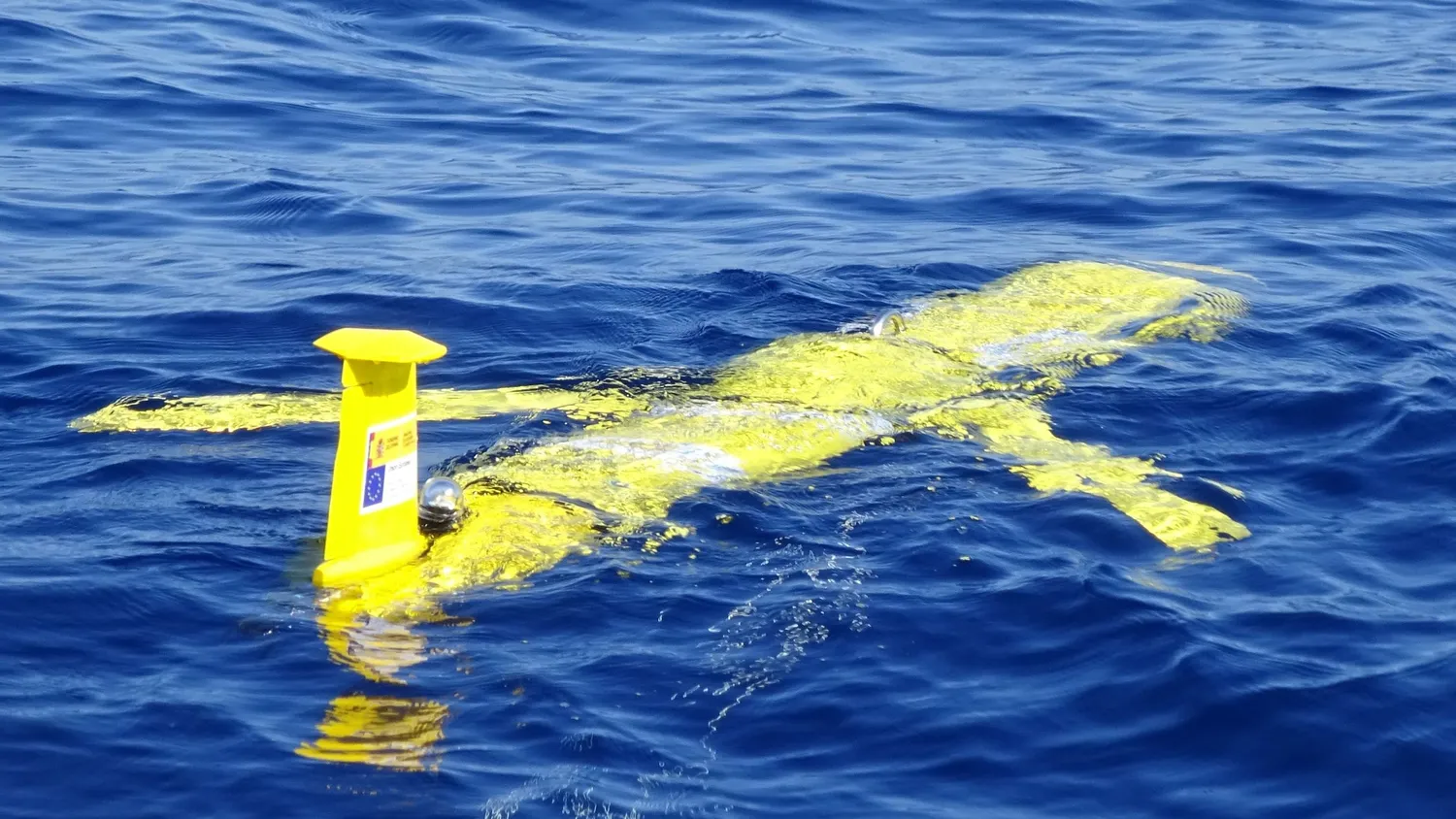
The technologies and processes developed in Themes 1-3 are only effective if they are properly and thoroughly tested across an appropriately representative cross section of current and emerging platforms. What’s more, TechOceanS is only one project in a rapidly evolving field of research. Regardless of where they’re being developed, as sensors become smaller, cheaper and platforms more autonomous, affordable and numerous, the amount of data will continue to grow, driving the need for standardisation and best practices.
This theme will make progress in applying data standards and documenting best practices for autonomous platforms and novel sensors and data types. In this way, Theme 4 will not only perform suitable cross-cutting tests and develop best practices for TechOceanS technologies, but will also contribute to the advancement of the body of knowledge in this sector, improving the accessibility and reliability of oceanographic data overall.
Work package 6
The goal of WP6 was to work closely with the technology development work packages to ensure that all developments from TechOceanS were based on, utilized, and advanced the state of the art of ocean best practices, including those required for global interoperability and data science. This involved conducting rigorous tests of developments in laboratory settings, simulated environments, and coastal tests of sensor systems to provide metrology evaluation and feedback into the design process.
Lead:
- Dr Pier Luigi Buttigieg,
- AWIpbuttigi
- @mpi-bremen.de
Work package 11
This WP was responsible for collecting current information on best practices for handling the data formats created within TechOceanS. It also addressed any identified gaps in requirements by creating new hardware and software solutions. The results of this work were integrated into the demonstrations of TechOceanS technologies and disseminated through methodological scientific articles as well as via the IOC-UNESCO Ocean Best Practices System.
Lead:
- Carlos Barrera,
- PLOCAN
- carlos.barrera@plocan.eu
Work package 16
This WP coordinated the demonstration of TechOceanS technologies at two sites for real-world environmental testing. Sensors and samplers were used to monitor established Marine Strategy Framework Directive (MSFD) targets and essential ocean variables (EOVs) in operational settings. These demonstrations took place in an observational capacity at a coastal location in Naples, Italy, and in a mission capacity in the Canary Region of the Atlantic. The cross-cutting demonstrations focused on aquaculture, offshore infrastructure, and global ocean observing. This WP also oversaw the training of external (non-project) users and stakeholder groups on relevant TechOceanS technologies.
Lead:
- Carlos Barrera,
- PLOCAN
- carlos.barrera@plocan.eu